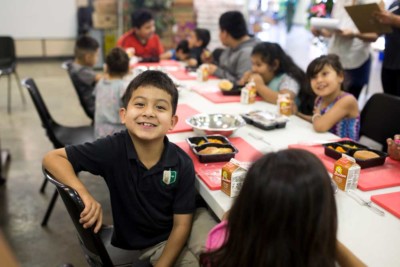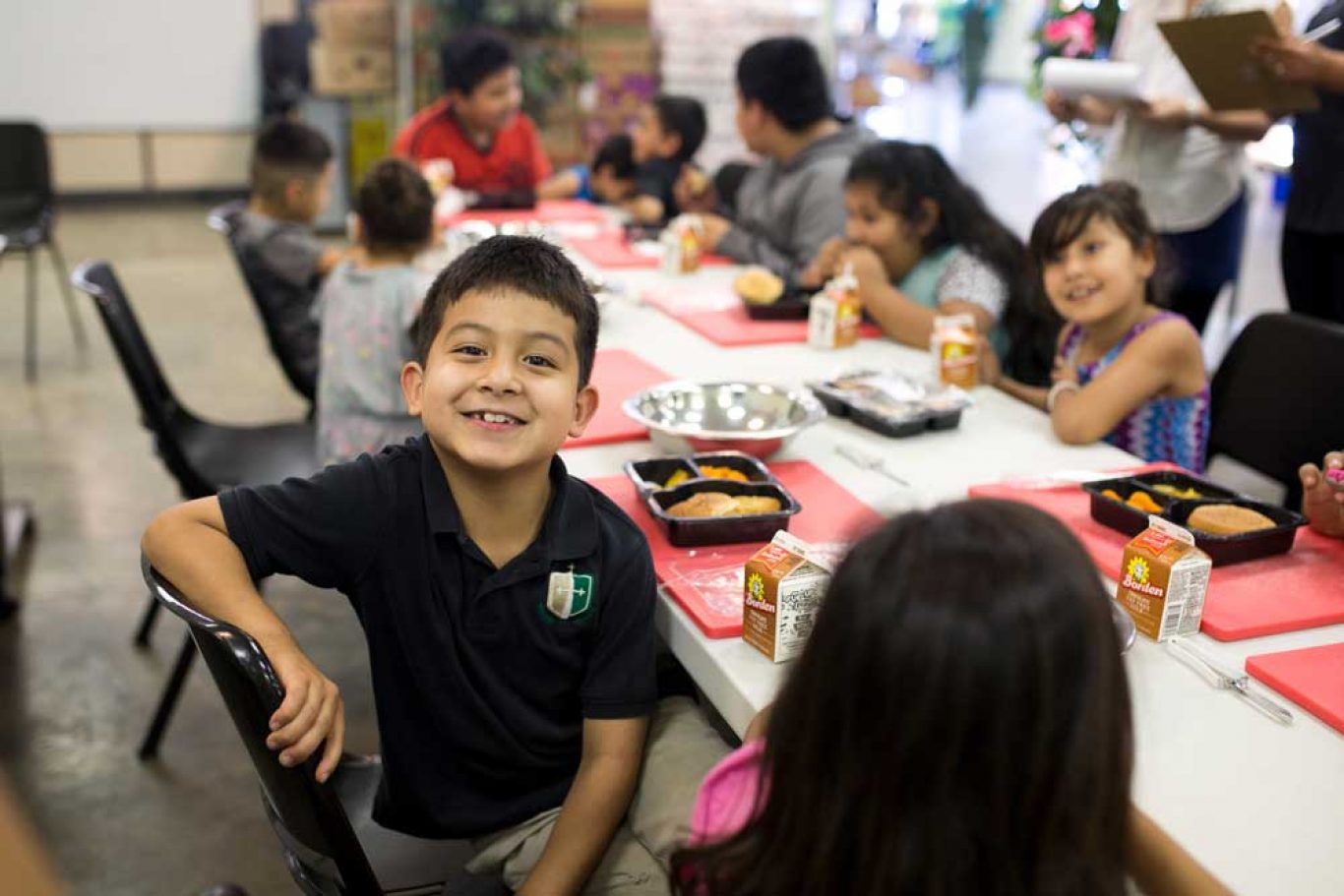Hunger doesn’t take a summer vacation
Hunger doesn’t take a summer vacation
Summer hunger in Oregon takes a toll on children and their families
June 7, 2019 – “There were times we didn’t have food in the house,” Diana says of her family’s situation. She’s mother to 6 year old Wade and 5 year old Isabella.
School’s out, and kids can enjoy two months of carefree fun. Right?
Not quite.
 For the 1 in 5 children in Oregon facing food insecurity, summer can be the hungriest time of the year. Thousands of children receive free breakfast and lunch during the school year. With summer break, these children can lose access to the food they depend on to eat. Even though many schools throughout the state continue to provide free meals all summer, transportation and consistency can be major barriers for families.
For the 1 in 5 children in Oregon facing food insecurity, summer can be the hungriest time of the year. Thousands of children receive free breakfast and lunch during the school year. With summer break, these children can lose access to the food they depend on to eat. Even though many schools throughout the state continue to provide free meals all summer, transportation and consistency can be major barriers for families.
To make matters more challenging, a recent decision by the U.S. Department of Agriculture ended funding for Summer EBT (Electronic Benefit Transfer). Summer EBT was a program that provided $30 per month to families whose children don’t have access to other summer meals programs.
With the loss of these resources, struggling families may have to provide at least 10 additional meals per week per child. In a typical 10 week summer break, that’s 100 meals per child.
These additional meals are a tremendous burden for low-income families who have difficulty providing enough food even when school is in session.
If you live in a household that doesn’t have enough food to feed you or your kids over the summer, there is help. We have a network of pantries, meal sites and free food markets available to you and your family.
- 39 year-round School Pantries across six counties. These pantries co-exist in schools offering free lunches throughout summer so parents can supplement their families’ dietary needs.
- 44 monthly Free Food Markets in the tri-county area.
- 4 weekly summer Free Food Markets throughout Portland and Clackamas County.
Let’s make this a hunger-free summer.
